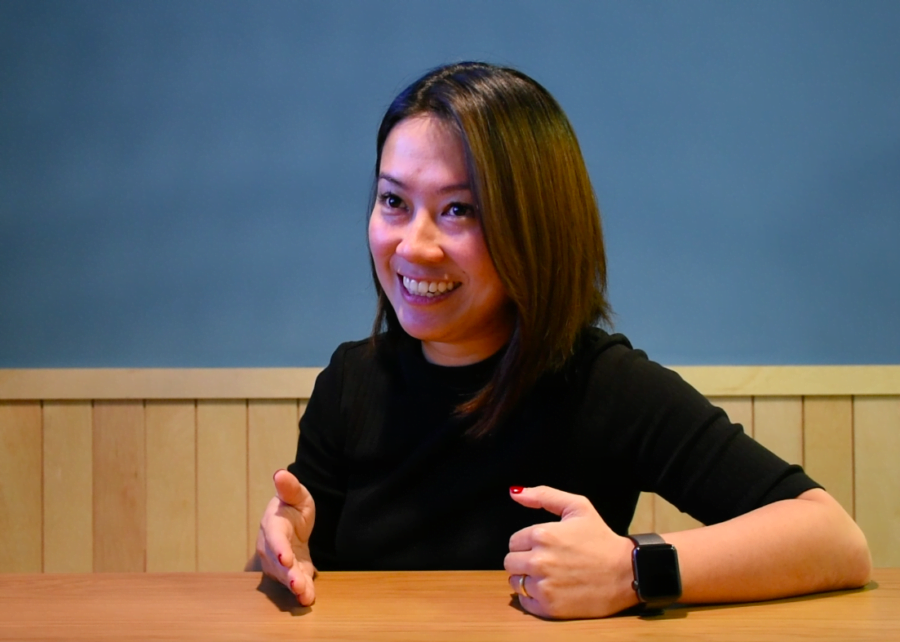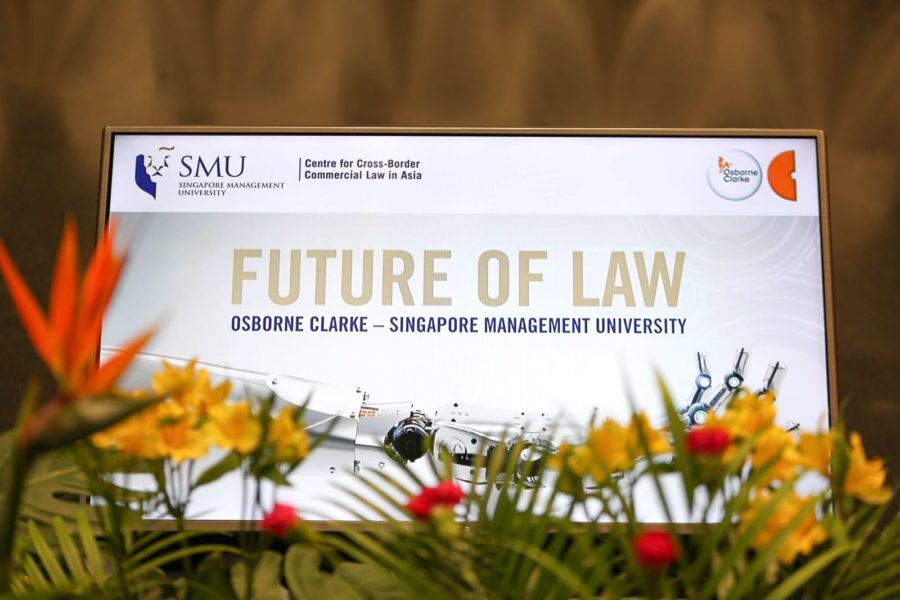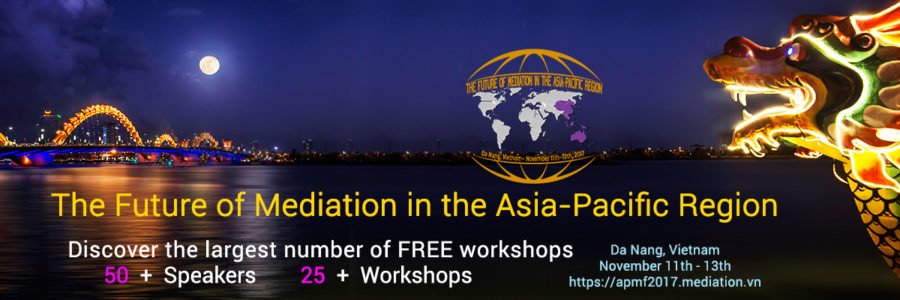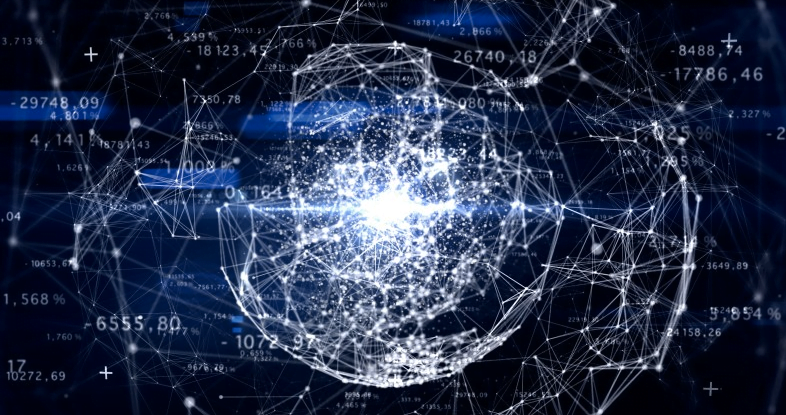Interview by Amelia Chew & Wan Ding Yao | Edited by Josh Lee
TechLaw.Fest 2018 will take place from 4 to 6 April 2018 in Singapore, bringing together the movers and shakers in the space of Technology Law and Legal Technology. In the lead-up to TechLaw.Fest, the LawTech.Asia team will be bringing to you regular interviews and shout-outs covering prominent speakers and the topics they will be speaking at TechLaw.Fest.
This week, LawTech.Asia sat down for a chat with Cherilyn Tan, Founder and CEO of Asia Law Network. Cherilyn will be conducting a Legal Tech Primer Session titled, “What works for you? Professional Networking, Client Management and Business Development Platforms”.
In your view, what goes into building a brand or a reputation?
Brand and reputation are two separate things. To build a brand is to be consistent in building and executing something. When it comes to building a reputation, it’s what you want that brand to represent. If you are consistently delivering the same mission, vision and values, then that goes towards your reputation. Your brand can be good or bad, depending on what you’re consistently doing, but your reputation is what you stand for.





